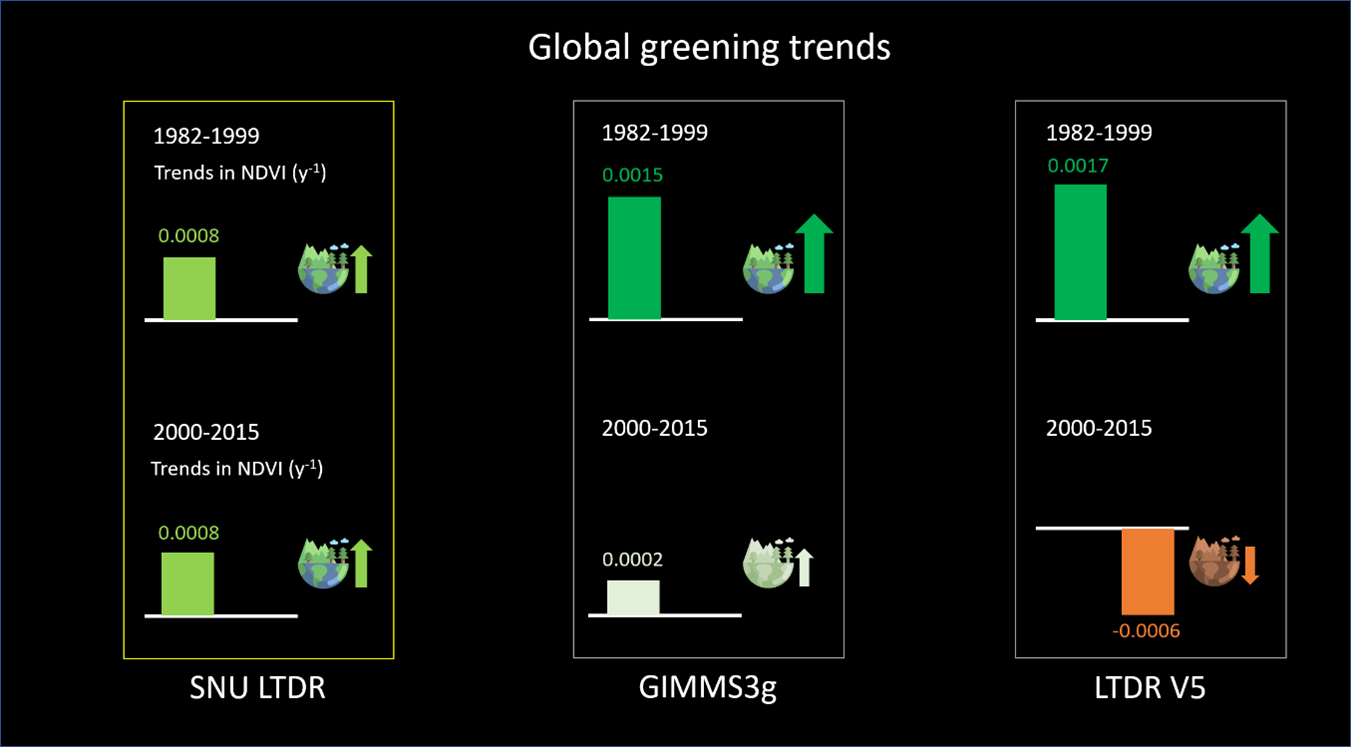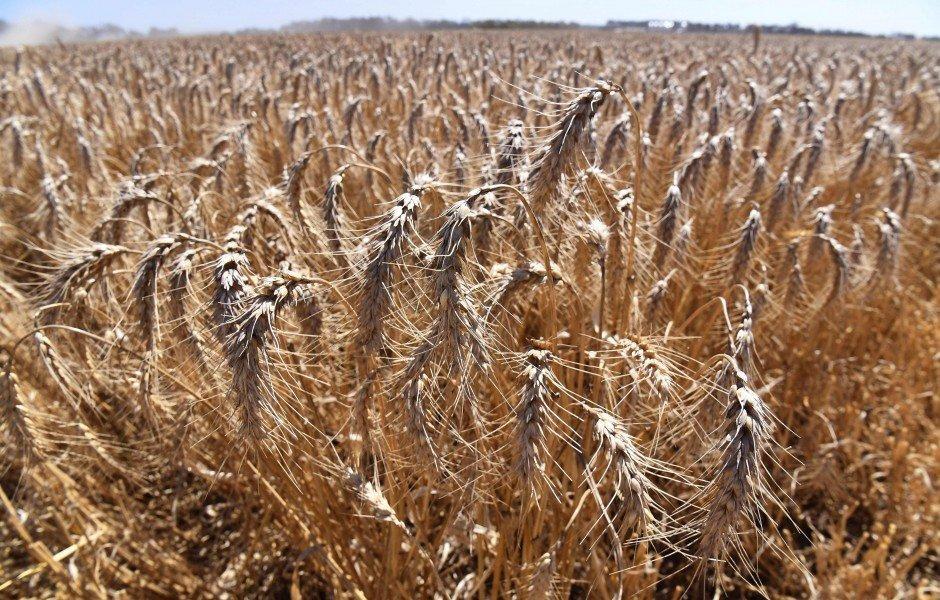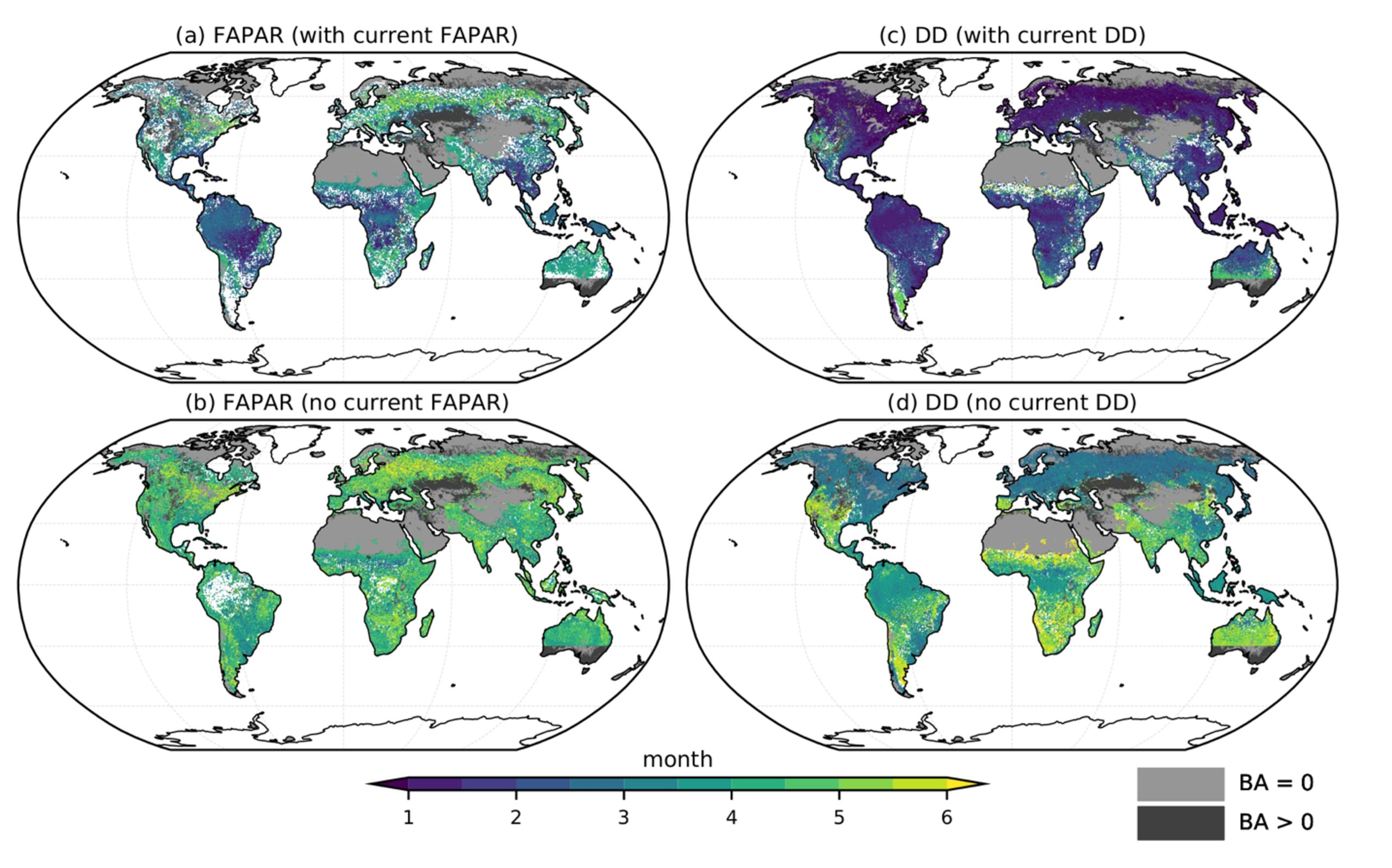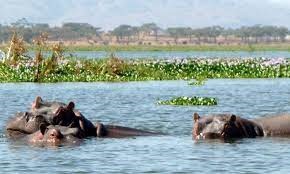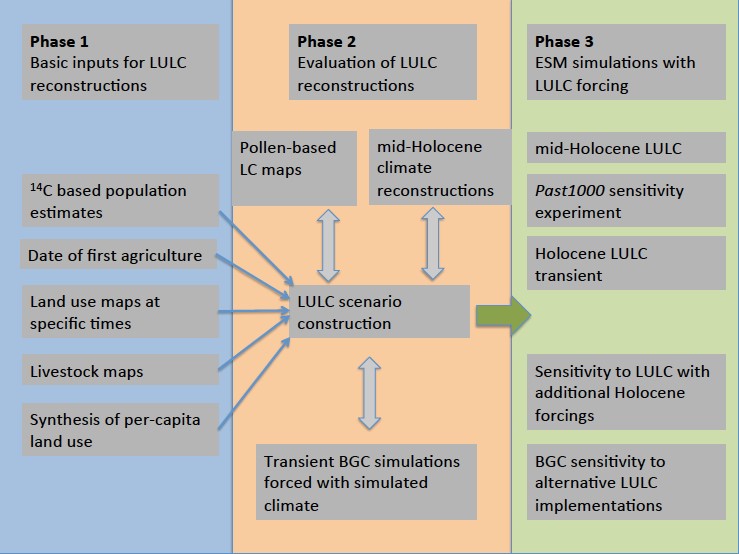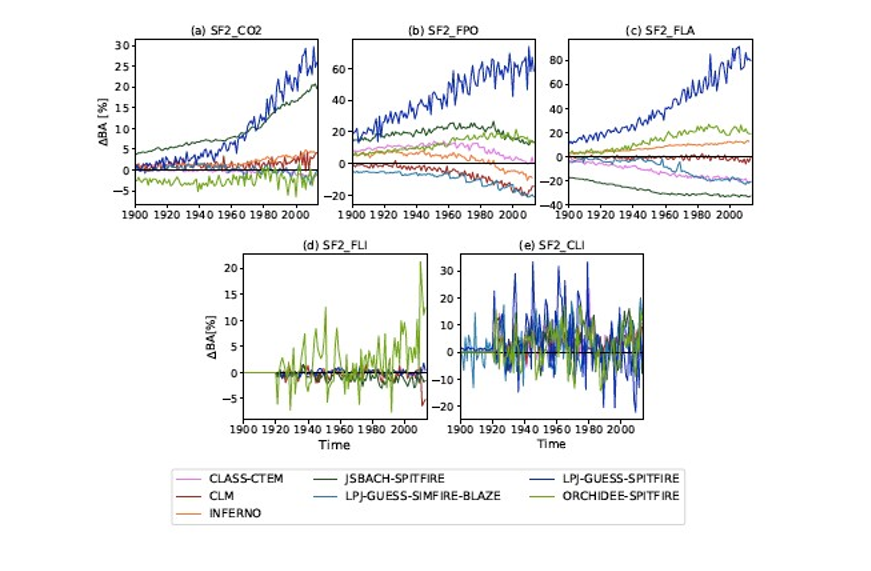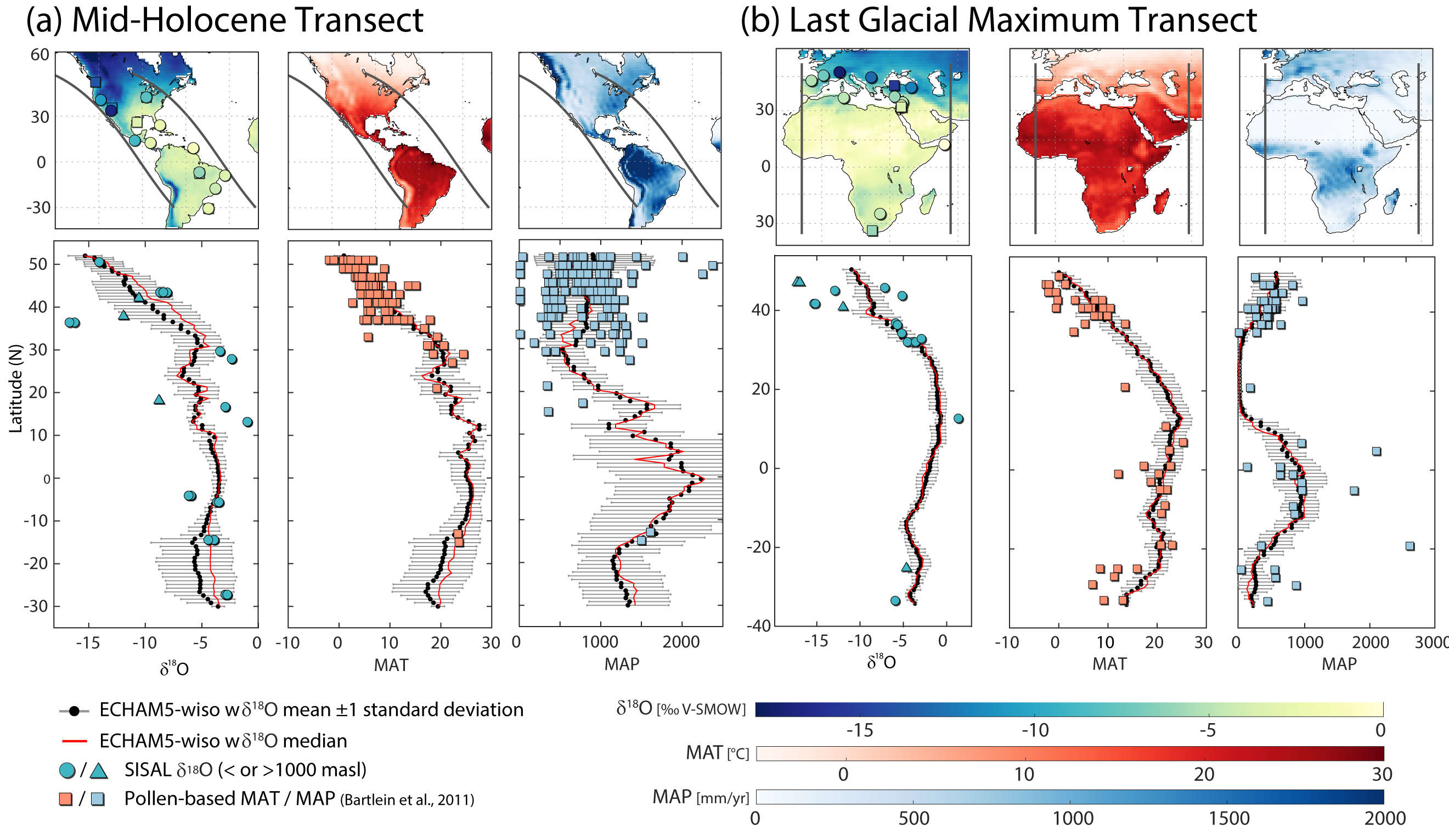Introduction Group leader Sandy Harrison recently published a manuscript in the journal remote sensing of the environment as part of the LEMONTREE project. The work was led by Sungchan Jeong…Read More >
model evaluation
One more successful attempt for developing more robust model based on Eco-Evolutionary Optimality (EEO) concepts by Shengchao Qiao
Global food security is an ongoing challenge for humanity owing to the continuous growth of global population. Meanwhile, assessment of global food security contributes to the sustainable development goal of…Read More >
Investigating fundamental wildfire drivers by Alexander Kuhn-Regnier
My PhD began by asking the question “What are the fundamental drivers of wildfires?” Far from being the first to ask it, I searched for an aspect of this question…Read More >
A framework for new analyses of lake status data by Sandy Harrison
The Global Lake Status Database (GLSDB) has been widely used by the climate modelling community to evaluate model predictions of changing hydroclimate, most particularly changes in the monsoon regions in…Read More >
The SPECIAL presence at the PMIP2020 meeting
The Paleoclimate Modelling Intercomparison project (PMIP; https://pmip.lsce.ipsl.fr/), which began in the early 1990s to provide an efficient mechanism for coordinating palaeoclimate modelling activities, held it’s biannual meeting in Nanjing (China)…Read More >
Benchmarking is a necessary evil. By Sandy Harrison
The FireMIP paper describing the benchmarking of fire-enabled vegetation model simulations of the historic period is now out in Geoscientific Model Development (https://doi.org/10.5194/gmd-13-3299-2020). The team, led by Stijn Hantson, have…Read More >
SPECIAL, CRANE and LANDCOVER6k synergies meeting. By Sandy Harrison
Sandy Harrison and Laia Comas-Bru hosted a meeting in Reading this week bringing together members of the PAGES LandCover6k group and the CRANE and CLASS projects to explore synergies in…Read More >
FireMIP Sensitivity Experiments. By Sandy Harrison
It is very exciting to see that the FireMIP paper on the sensitivity of burnt area to environmental and anthropogenic controls, led by Lina Teckentrup, is now out in Biogeosciences…Read More >
Evaluating model outputs using integrated global speleothem records of climate change. By Laia Comas Bru
Although quantitative isotopic data from speleothems has been used to evaluate isotope-enabled model simulations in the past, currently no consensus exists regarding the most appropriate methodology through which achieve this….Read More >

